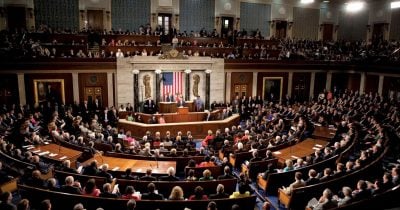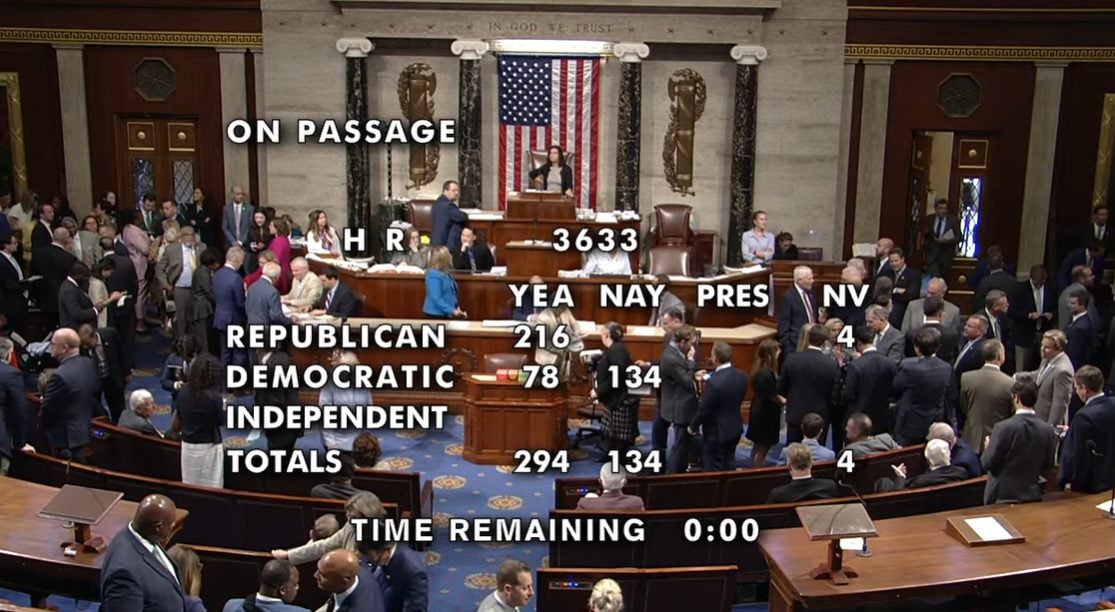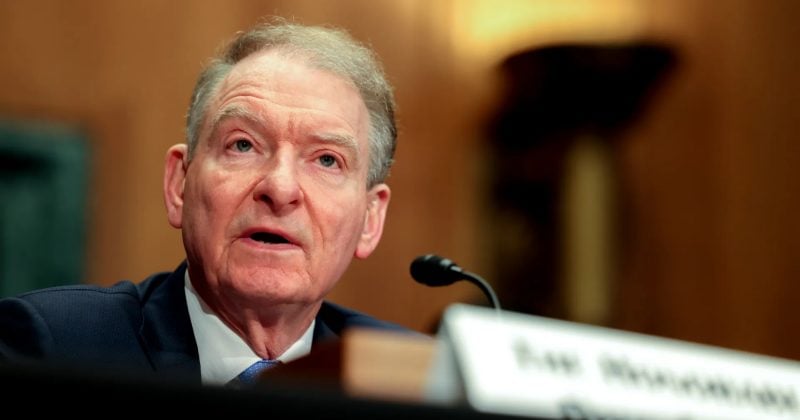The stablecoin measure is likely to be approved next.

Key Takeaways
- The CLARITY Act wins House approval and heads to the Senate.
- Despite House passage, the bill's future in the Senate is uncertain, largely due to political and ethical concerns.
The US House of Representatives on Thursday passed the CLARITY Act, a comprehensive market structure bill aimed at ending years of regulatory uncertainty around digital assets.
The bill progressed through the House with a 294–134 vote and is set to be reviewed by the Senate.

The bill seeks to define jurisdictional boundaries between the Securities and Exchange Commission (SEC) and the Commodity Futures Trading Commission (CFTC) in regulating crypto assets.
Key provisions include standardized registration requirements, disclosure obligations, delisting rules for noncompliant assets, and investor protection mechanisms. The legislation also creates pathways for capital formation, recognizes decentralized blockchain networks, and protects users’ rights to self-custody digital assets.
Crypto community members and industry advocates see the CLARITY Act as foundational for trust, market stability, and institutional adoption of crypto assets.
“The CLARITY Act will clarify SEC/CFTC roles, classifying assets as ‘digital commodities’ or ‘investment contract assets,’ which might encourage retail and institutional investors to allocate more aggressively, viewing crypto as a mature asset class rather than a regulatory minefield,” said James Harris, Tesseract Group CEO, in a statement.
The CLARITY Act gained bipartisan approval in the House, reflecting a growing consensus around the need for federal crypto regulation.
However, while the bill cleared the House with momentum, it faces a steeper challenge in the Senate, where some lawmakers, especially among Democrats, remain concerned about the scope of the bill, potential industry conflicts of interest, and the balance of power between federal agencies.
The legislation is part of a broader congressional crypto initiative that includes the Senate-approved GENIUS Act for stablecoin regulation and the Anti-CBDC Surveillance State Act, which would block the creation of a central bank digital currency.
Disclaimer
 3 hours ago
1
3 hours ago
1

















 English (US) ·
English (US) ·